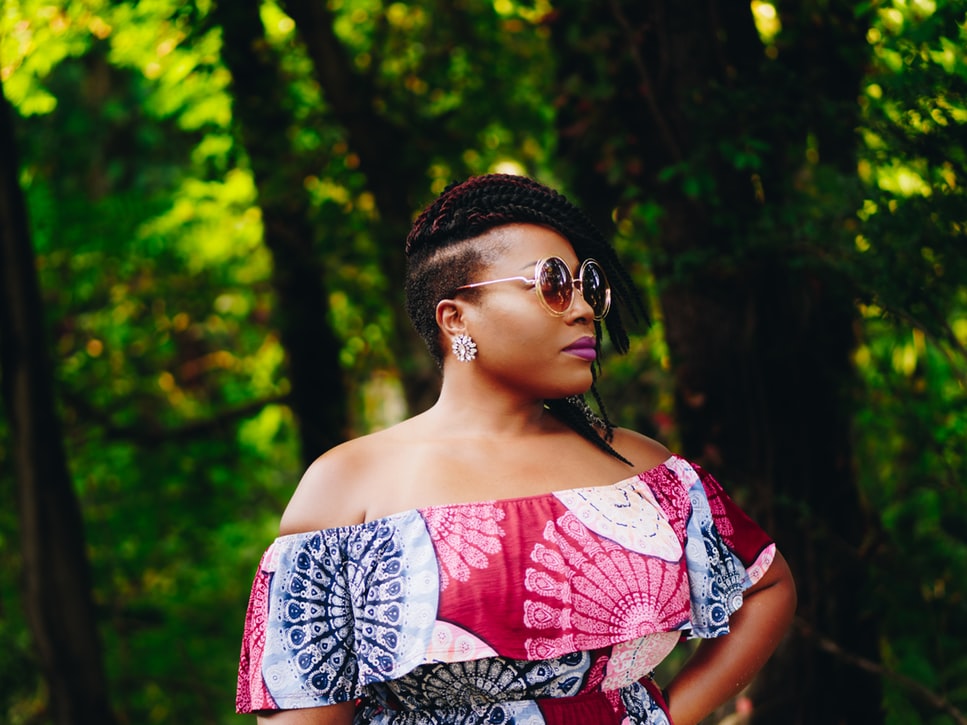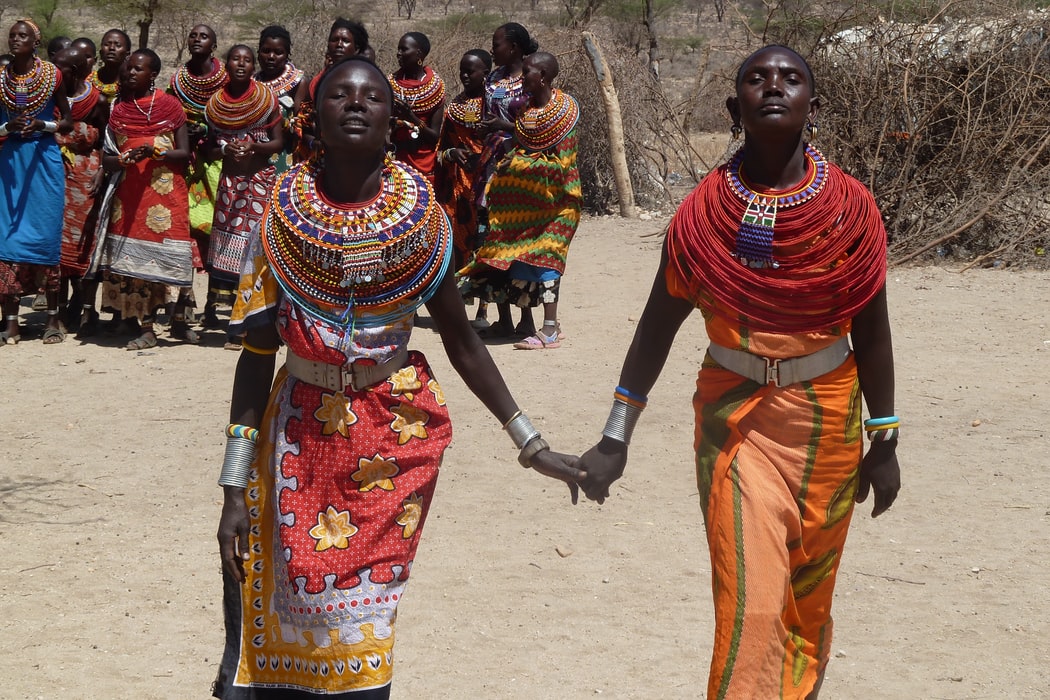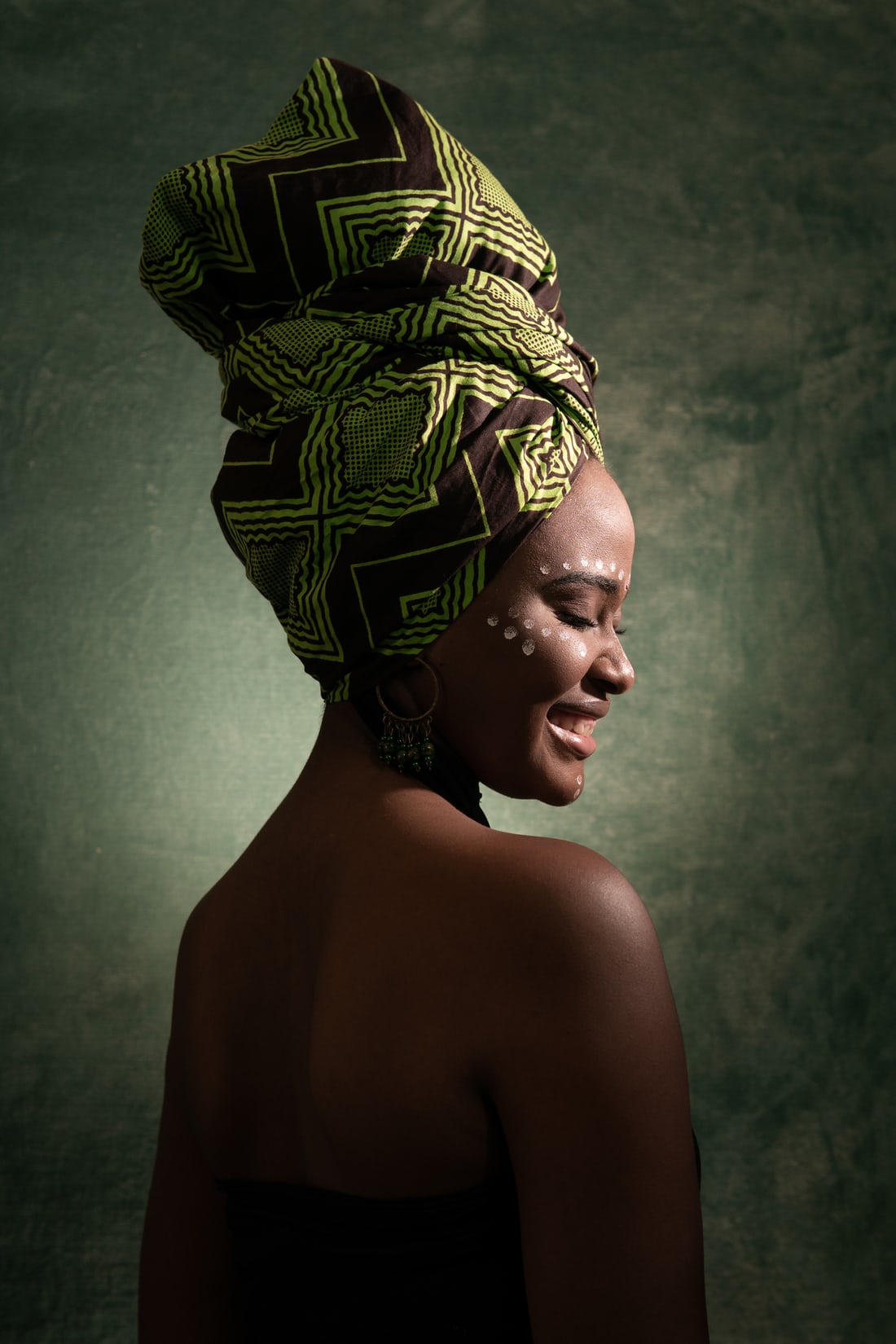
I sat down to lunch with my friend who is the pure definition of an African fearless woman. Over time, we have this tradition of calling each other up to discuss about random things which categorically impact our lives and personal growth. As we were wont to do, we usually shared a few laughs. We also shared a few tears too, when our discussion bordered on despair.
This occasion wasn’t much different. We progressed from exchanging pleasantries into general mundane conversations. In time, I gradually steered it to what I most wanted to discuss on this outing; The African Woman. At the broaching of this topic, my comically-driven friend immediately gave a short bark of laughter. I could have sworn her laughter was anything but a happy one. She slowly set back her cutleries on her plate.
She stopped chewing the chunk of meat she’d taken from the appetizing-looking lunch she’d ordered; Eba and vegetable soup. I sat over at the other end eating my equally delicious Nigerian Jollof rice, as my funny Ghanaian friend loved to call it, while watching the fleet of emotions racing across my friend’s face.
FALSE PERCEPTIONS ABOUT THE AFRICAN WOMAN

By now, the silence was eerie. As I watched the composure and facial expression of my friend, I knew this issue was one that bothers her, just like it bothers me. Her next utterance confirmed it. “African women are women associated with weakness, inferiority and submission; women who are housewives, dependent and under a man; and women who cannot fully express themselves in terms of their human rights.”
Her words left me shaken and dejected, because just like I initially feared, she’d confirmed my worst suspicions. With a long face, I returned home and encountered my 18 years old cousin. She was staying with us in order to prepare for exams into a Higher Institution. “What does the word African woman remind you of?”, I asked her. “A woman who can cook and manage a home”, she promptly answered.
There and then, I remembered the Dangers of a Single Story by Chimamanda Adichie. All we are ever taught about African Women revolve around a woman who can perfectly manage a home; who places marriage on a higher pedestal than career; and one who keeps silent for the sake of peace in the face of oppression. Because this is all we are ever taught, we end up creating and promoting the single story of an African woman as a timid, ignorant and over-decorated silent dolls on a shelf.
So, when an African woman is assertive, cares little to naught about marriage, nurses great ambitions and pursues a career; she is termed a rebel or someone unworthy of the African heritage.
CORRECTING THE DICHOTOMY OF AN AFRICAN WOMAN
At quite a young age, I read about Queen Amina of Zazzua (Zaria). My basic five teacher read us a story about her. As she regaled us with stories of her exploits, I got more and more intrigued about her. She told us about how she refused getting married, because she wanted to protect her subjects and feared that getting married would make her lose power especially as she will be forced to succumb to the dictates of a husband. She painted a satisfying image of how Queen Amina singlehandedly expanded Zazzua to become the centre of trade.
Several years after, I can still identify with the struggles of this great African woman. Like any typical woman around the globe, she had her own fears, doubts and insecurities especially relating to marriage. She also had her moments of weaknesses, tears, laughters, successes and failures. Selflessly and yet fearlessly, she sacrificed her own happiness on the altar of protecting her subjects.
Now, what if we told our children more about Queen Amina’s achievements rather than debase her with comments about how manly or warriorlike she was wielding a sword and how totally unAfrican it was for a woman?
What if we told our children how the strong will and cleverness of Queen (Iyoba) Idia of Benin paved a way for her and younger generations in the political realm and made her a political asset due to her wise counsels? Or how her introduction of feminism remains one of the greatest achievements in the history of black African civilization?

What if we did not debase our children’s (especially the female child) emotions, intellect or doubts with such comments like; “Go into the kitchen and learn how to cook; is this how you are going to take care of your husband and children?” rather than say; “Learning how to cook and fend for yourself is a necessary survival skill to navigate the world”. What if we stopped rebuking them in their tender years when they want to play with trains, cars and electronics just on the basis of gender and rather push them to play with toys.
What if we tell them that the true picture of an African woman can never really be captured by a single story or a preconceived notion of what she ought to be; because there are many facets to an African woman? What if we teach them to be comfortable in their own skins and to realize that no limit should exist to their dreams and to their realizations?
CONCLUSION
African women are fearless and true to their passions just like Lingeer Ndaté Yalla Mbodj whose passion was to liberate and empower African women.
African women are simple yet complicated, bold as well as passionate. Utterly caring, their greatest perfection lies in their imperfections.
Just like a male friend stated, “African women are peace-loving women but who would not hesitate to fight to protect those that they love; women who are selfish enough to go for what they want and yet selfless enough time give back to a society that undermines her value everyday. Yes, I am an African woman and I am so proud to be one.
Read Also: He for She: Your Role in Creating Gender Parity


